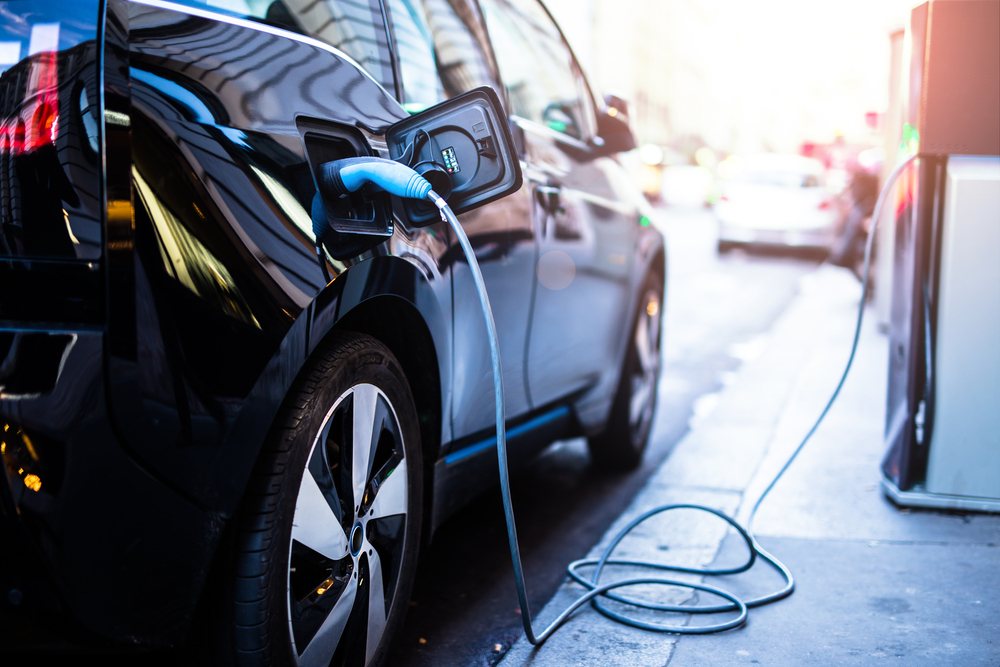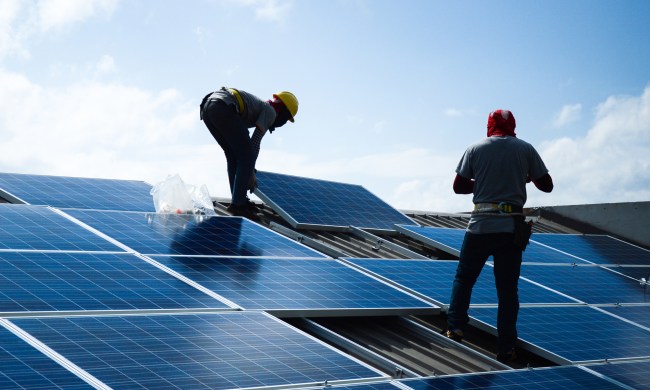Are you among the many people considering an electric vehicle (EV) for their next car purchase? Before you take the leap into EV ownership, it’s best to familiarize yourself with the cost. This includes not only the prices of electric cars themselves but also EV charging costs, including how much installing an EV adapter will cost you.
You likely won’t be disappointed in your new eco-friendly vehicle. A recent J.D. Power study found that the majority of first-time EV owners are reluctant to go back to gasoline-powered cars. In fact, the popularity of electric vehicles is steadily on the rise, and almost 50% of the U.S. population is in support of phasing out gasoline cars completely.
To prepare for your new electric life, check out our guide below on EV charging costs.
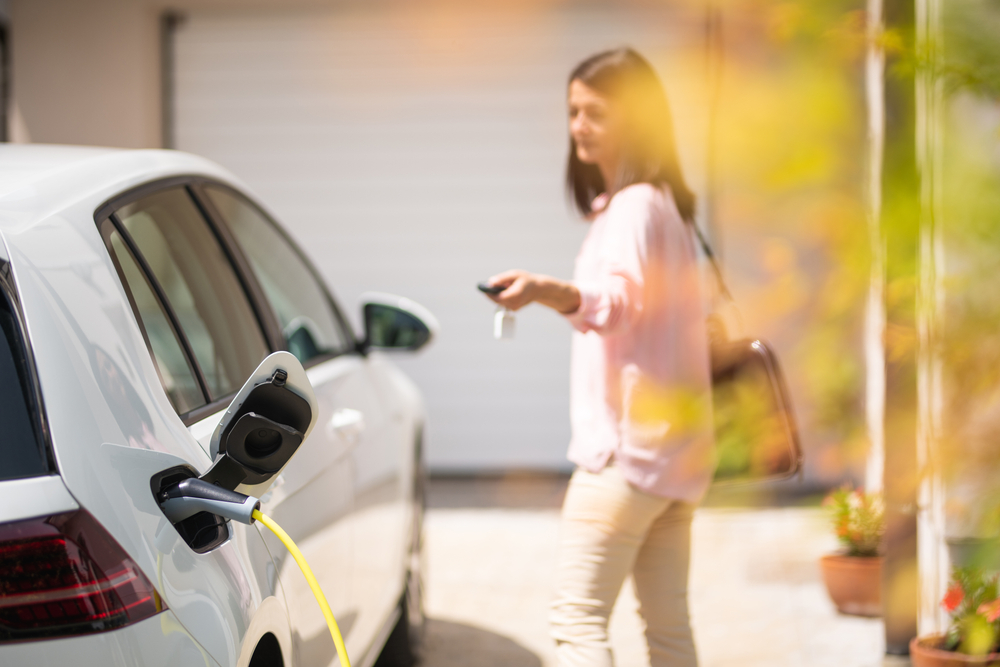
EV charging costs vs. gasoline fueling
When comparing the costs of charging an EV or fueling a gasoline vehicle, there are a few variables to consider, such as:
- Miles per gallon on gasoline vehicles you’re considering
- Type of charger that the electric car will use
- Whether the EV will be charged at home or at a public charger
Looking at gasoline costs compared to charging an EV solely at public charging stations, for example, the electric car is a bit more expensive than the gasoline vehicle. However, when you compare a gasoline vehicle to charging an EV with an at-home EV charger, the latter is actually more cost-effective. This is because public charging stations charge a pretty high rate in terms of kilowatts per hour (kWh).
While installing an EV charging station at home has higher upfront costs, the amount of savings on a monthly basis may make up for it in the long run.
Here are the average monthly costs for all three options. Note that the example gasoline vehicle we’re using gets roughly 33 miles per gallon at the current national average gas price of $3.66 per gallon and assuming that each vehicle goes 1,000 miles per month.
- Monthly gasoline vehicle fueling costs: $110
- Monthly public EV charging costs: $150
- Monthly at-home EV charging costs: $60
To determine your at-home costs, check out your latest electric bill. Divide the total by the number of kilowatt-hours used. On average, U.S. households pay almost 23 cents per kWh. Since most electric cars get 3 to 4 miles per kWh, a person who travels 1,000 miles per month and spends the same as the average household would pay $57.50 in EV charging costs monthly.
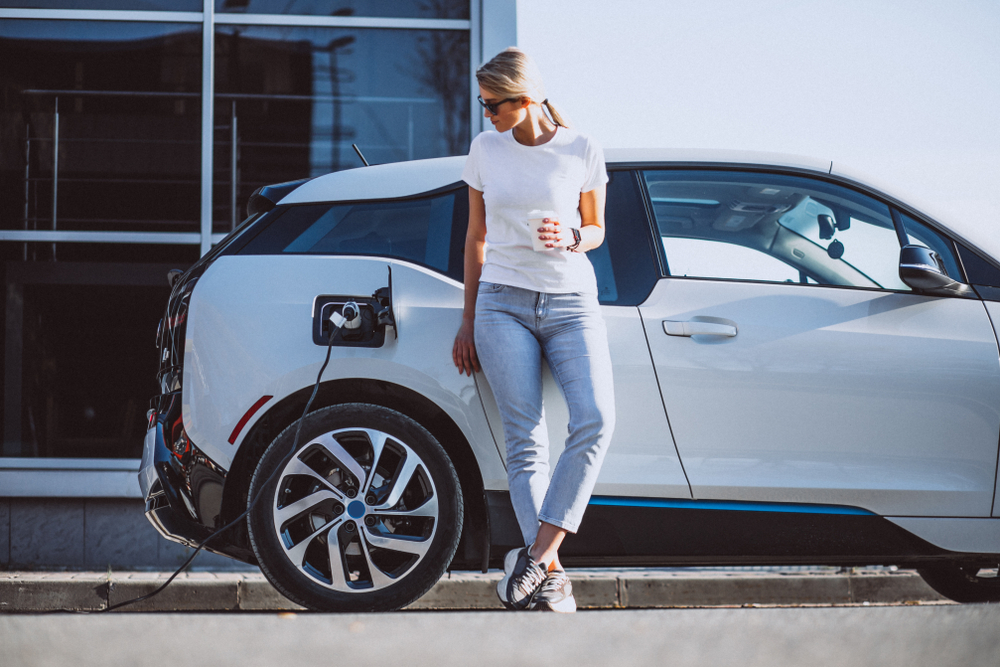
Unexpected EV charging costs
If you’re considering buying an electric vehicle, it’s important to prepare for the indirect costs associated with owning an EV. Many new EV owners are surprised at the additional, unbudgeted costs.
Level 2 charger prices and installation
While charging your EV at home costs significantly less than both fueling a gasoline vehicle and charging an EV at public stations, installing a Level 2 charger at home can be costly upfront. Electric cars usually include a Level 1 charger which can be plugged into any 120-volt outlet. However, a Level 1 charger can take a full 20 hours to charge up the vehicle, so many EV owners purchase and install a Level 2 charger in their homes. These EV chargers can add value to the home and they can power up the vehicle in almost half the time.
A Level 2 charger can range in price, but it will typically cost up to $3,500 for both the equipment and installation costs.
Annual EV registration fees
Most states have a gas tax that contributes to the budget for keeping highways maintained. Since EV owners don’t buy gasoline, many states require an additional fee for electric vehicles, so that EV owners still pay their part for infrastructure maintenance. This fee is often between $50-$225 annually, depending on the state.
The cost of driving with a faster charger
While you can find a gas station on pretty much every corner, an available EV charging station may be more difficult to find and may be further away than anticipated. Many EV owners spend a good amount of time and money driving to a more distant charging station to get a faster charge.
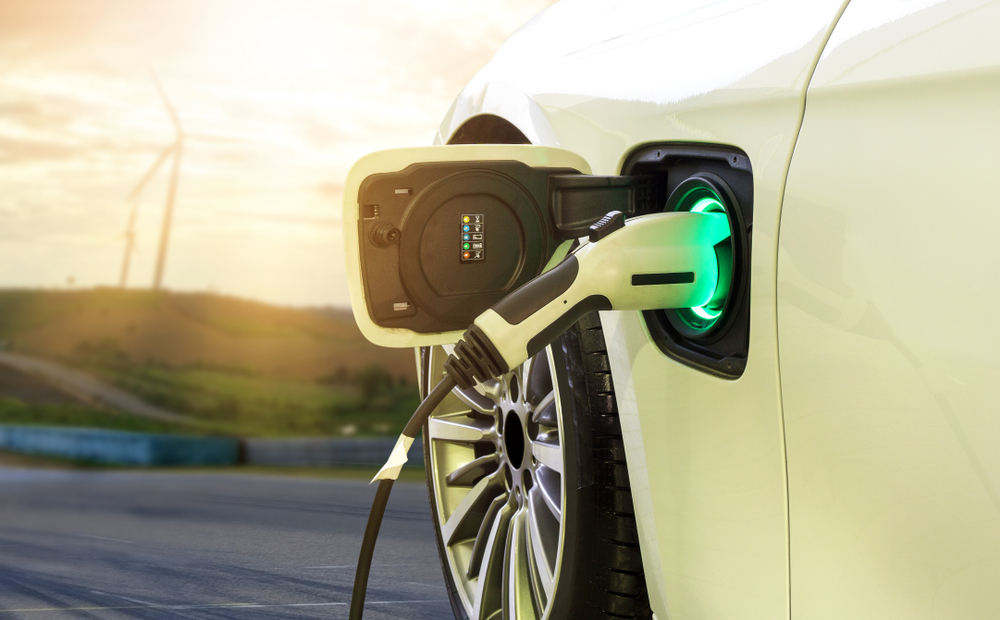
How you can save on EV charging costs
With all these added costs for keeping and charging your new electric vehicle, you’ll be happy to know that there are some ways you can save on EV charging costs.
Install an at-home EV charging station
As discussed, your home’s electricity costs are lower than the cost of using a public charging station, so installing an at-home EV charging station is the less expensive choice, despite the initial cost.
Keep up with vehicle maintenance
A well-maintained electric vehicle will charge more efficiently and keep its charge longer. Keeping up with regular maintenance on your EV will keep your battery in good shape and save you money on costly repairs in the long run.
Charge and store your EV in temperature-regulated places
Extreme hot and cold temperatures can damage your EV’s battery, ultimately making it charge slower and maintain its charge poorly. That’s why getting your garage ready for an electric vehicle includes creating a temperature-controlled environment to ensure your battery will last longer and be more efficient.
Take advantage of tax incentives and rebates
Some good news for EV owners is that there are tax breaks and rebates available to them. Taking advantage of these benefits can offset the costs associated with buying and charging your vehicle. The incentives are typically intended to encourage the adoption of electric vehicles and promote sustainable transportation.
Tax incentives can range from federal tax credits to local tax deductions, resulting in substantial savings when filing tax returns. Additionally, many regions offer rebates or grants that directly reduce the upfront cost of purchasing an electric vehicle. You can also get a tax credit of up to $1,000 for the year in which you install an at-home Level 2 EV charge.
There are many benefits of having an electric vehicle. While charging EVs can be costly, prices are likely to come down in the next few years, especially since these eco-friendly vehicles will only become more popular. In fact, many vehicle manufacturers have committed to making most or all of their new vehicles electric in the next 10 to 15 years, and almost 40% of drivers say their next vehicle purchase will likely be electric. As the supply of EVs rises, competition between vehicle and charging station manufacturers will lower costs overall, making it an affordable option for millions of U.S. drivers.
